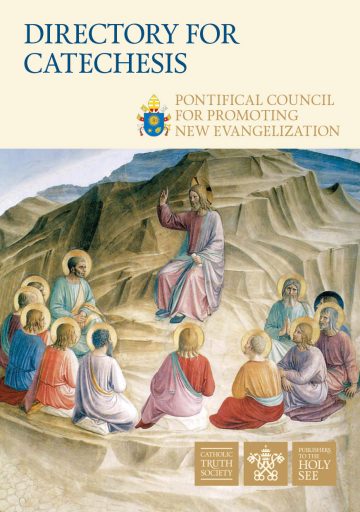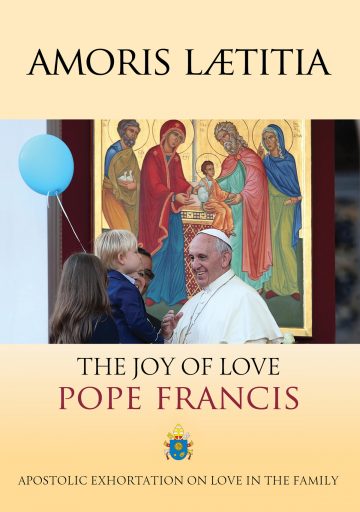The following is an extract from the new Directory for Catechesis:
370. The Church is called to reflect on the unique approach to the search for faith among digital young people, and as a result to bring its own approach to proclaiming the Gospel up to date with the language of the new generations, inviting them to create a new sense of community belonging that includes and is not exhausted by that which they experience online. A season appears to be opening in which catechesis can become representative of interests so as to design pathways to faith that are ever less standardised and ever more attentive to the uniqueness of each person. The pastoral challenge is that of accompanying the young person in the search for autonomy, which refers to the discovery of inner freedom and of God’s call, setting him apart from the social crowd to which he belongs. Another challenge is certainly that of clarifying the language used online, which often sounds like religious language. One may think, for example, of Jesus’s call to be disciples, a term that needs to be explained to avoid confusing it with the dynamics typical of the internet: the dynamic of being disciples, in fact, is not the same one that is established between an influencer and his virtual followers. Forming disciples requires authoritative figures who through personal accompaniment may lead individual young people to rediscover their own personal life goals. This journey requires a passage from solitude, nourished by likes, to the realisation of personal and social projects to be carried out in community.
371. In the process of proclaiming the Gospel, the real question is not how to use the new technologies to evangelise, but how to become an evangelising presence on the digital continent. Catechesis, which cannot simply become digitalised, certainly needs to understand the power of this medium and to use all its potentialities and positive aspects, while still realising that catechesis cannot be carried out solely by using digital tools, but by offering spaces for experiences of faith. This is the
only way to avoid a virtualisation of catechesis that threatens to make catechetical action weak and ineffectual. The task of the adult generation that wants to transmit the faith is that of fostering experiences. Only a catechesis that proceeds from religious information to accompaniment and to the experience of God will be capable of offering meaning. The transmission of the faith is based on authentic experiences, which must not be confused with experiments: experience transforms life and provides keys for its interpretation, while the experiment is reproduced only in an identical manner. Catechesis is called to find adequate means for addressing the big questions on the meaning of life, corporeality, affectivity, gender identity, justice and peace, which in the digital era are given a different treatment.
372. Catechesis in the digital age will be personalised, but never an individual process: the transition must be made from the individualistic and isolated world of social media to the ecclesial community, the place where the experience of God creates communion and the sharing of life. One must not underestimate the power of the liturgy in communicating the faith and introducing people to the experience of God. The liturgy is made up of a plurality of communicative codes that take advantage of the interaction of the senses (synesthesia) in addition to verbal communication. It is therefore necessary to rediscover the capacities of the liturgy, but also of sacred art, to express the mysteries of the faith. The challenge of evangelisation involves that of inculturation in the digital continent. It is important to help people not to confuse the means with the end, to discern how to navigate online, in such a way as to grow as subjects and not as objects and to go beyond technology in order to recover a humanity renewed in the relationship with Christ.






